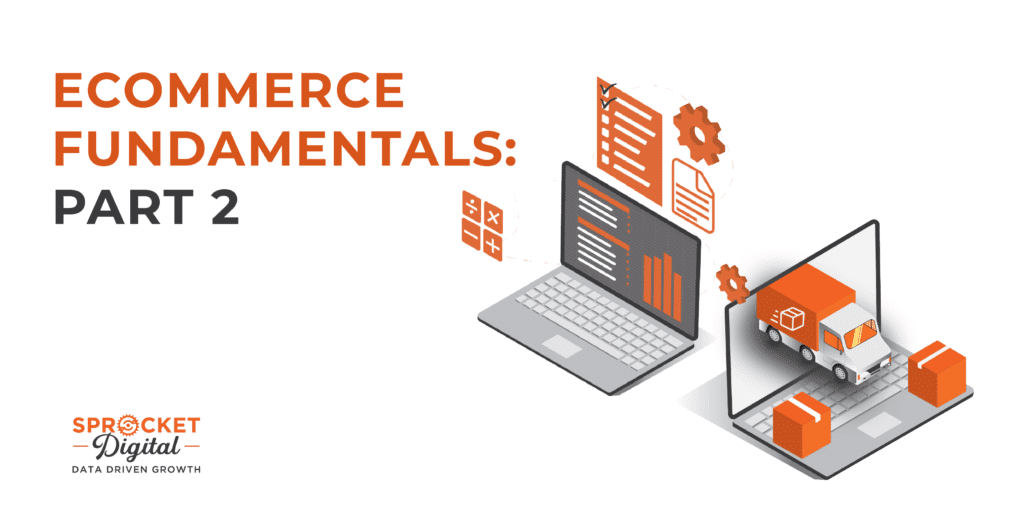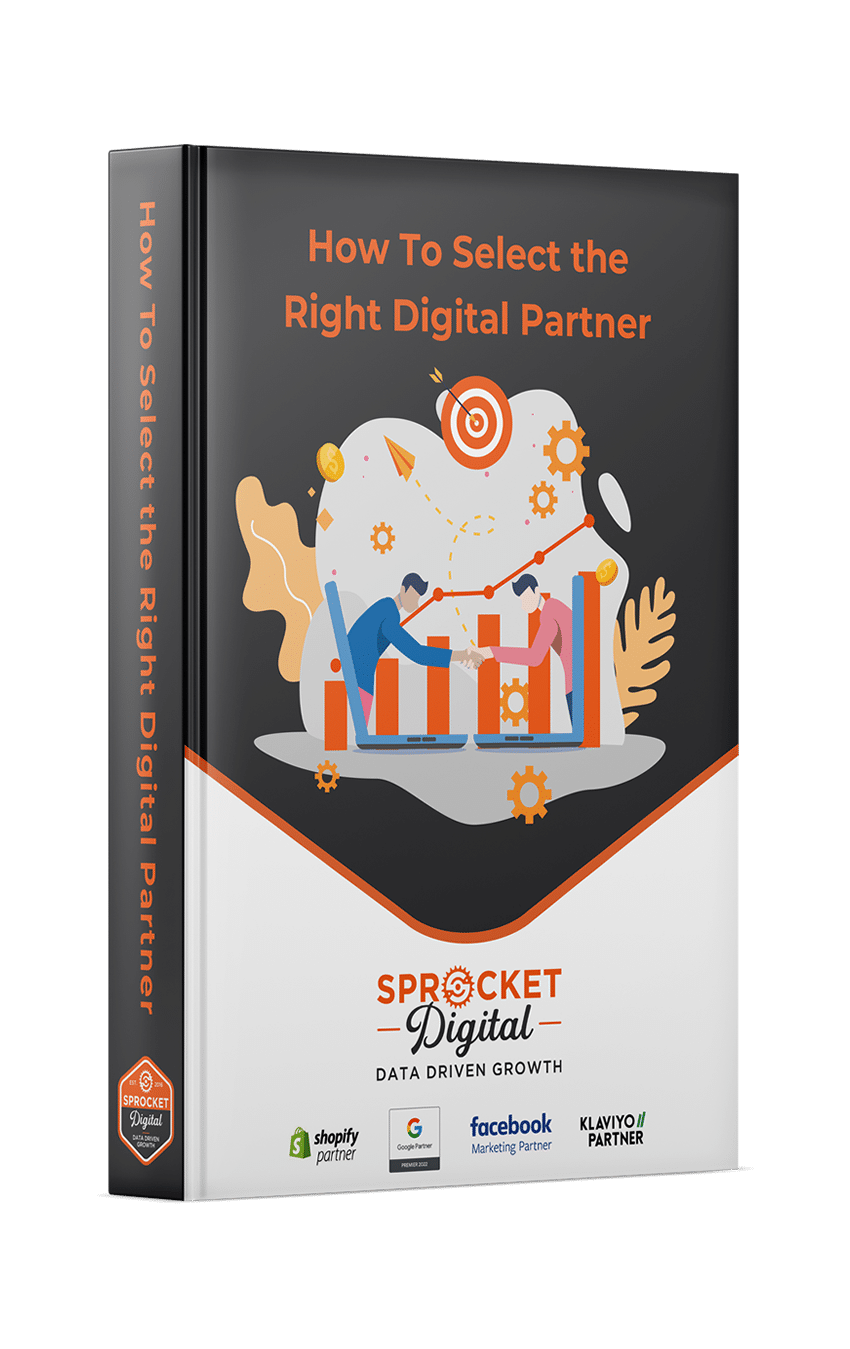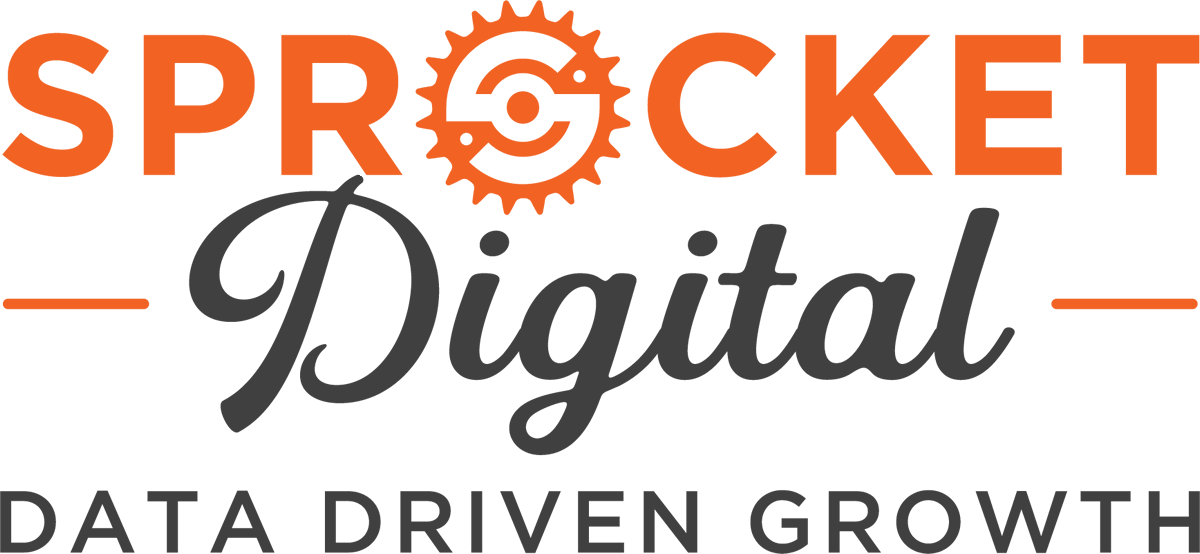eCommerce Fundamentals: Part 2
eCommerce plays a vital role in most people’s daily lives. Steadily growing in popularity and developing in capability, in 2022, more than half of global consumers are shopping online.
Part 1 of our eCommerce fundamentals looked at how to choose the right eCommerce platform and choose your payment gateway. Part 2 will look at choosing your logistics and setting up your accounting.
PART TWO:
1: Choose your logistics
When it comes to handling the shipping logistics of your eCommerce business, you’ve got two main options: manage it yourself, or hire a third party to manage it for you.
Shipping can be a complex arrangement, with consideration needed for pricing, discounts, locations, profit margins, express options, and differently sized or fragile items. It’s no wonder many new eCommerce businesses opt for third-party logistics to see them through the initial stages.
However, we don’t recommend relying on a third-party vendor to manage your logistics if you’re looking to cement your business as an established retailer in offshore markets. In the long term, the benefits of managing or at least coordinating the logistics of your own eCommerce operation will pay off in the level of control you have over the quality of your delivery service.
Another hot topic in 2020 is dropshipping – this is when you never hold nor handle the inventory yourself, but merely operate the sales front and send orders directly to the manufacturer or shipping partner to distribute to your customers. While this is relatively risk-free in the short term, with little overhead cost and no need for warehousing, there are some significant risks to your business including:
- Disruptions to the supply chain
- Faulty products or misleading products being sent to customers without your knowledge
- Far longer delivery timeframes (up to 4 weeks)
- Trouble or delay with returning items
- Damage to your brand reputation from the above service issues
2: Set up your accounting
One of the most important processes to make sure you’ve established before you begin to sell online is your billing and accounting. A streamlined process that sends your purchase information directly to Xero, ready to be reconciled, will make growing your business seamless and stress-free.
A final detail to check before you start selling is your margins – ensuring that your margins are correct is the best way to be confident from the start that you’re making the profits you need in order to continue investing in your business and helping it to grow.
Contact Sprocket Digital today if you require support in turning your eCommerce strategy into a success.




